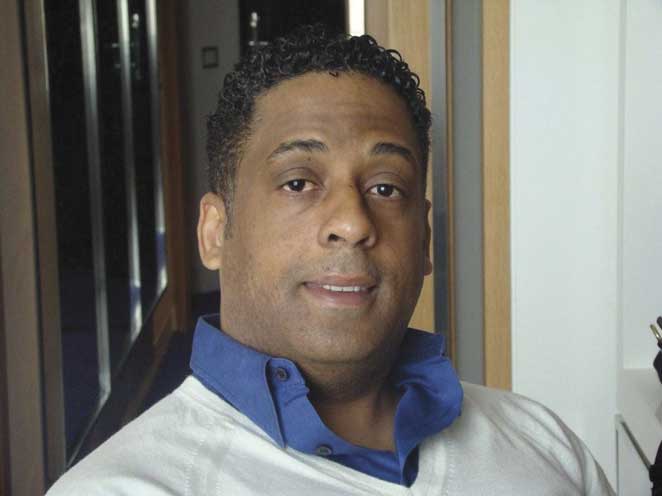My neighbor, an elegant man of few words who takes each step as unhurriedly as a sunset, is a very persevering Cuban. Every weekend he gets up at the crack of dawn, bends down on brittle kneels in his colorful garden and, with more determination than skill, attempts to plant a type of light-colored, shaggy grama grass that just does not take, no matter how hard he tries.
We have lived in the same area for five years, but I have greeted him only three times; he is a very introverted and serious man. He seems to be a good person, though.
A few weeks ago when I was out for my morning jog, I stopped in front of his garden. There was my neighbor, weeding his lawn and scattering seeds as it rained lightly and persistently, like a prelude to a downpour. That was when I decided to ask him, more out of sympathy than curiosity, why he put so much effort into planting that fine, delicate grass, which grows and disappears as fleetingly as a game of hide-and-seek.
“How’s it going, Cancio?” he asked, removing an enormous palm tree-leaf hat from his head and reaching out to shake my hand with his mud-covered one, which contrasted sharply with his habitual attire. “It’s a pleasure to see you,” he added. Surprised, I responded, “The pleasure is mine”.
“Excuse me for asking” — I interrupted him — “but I don’t understand why you work so hard to plant that delicate grass, which doesn’t seem to appreciate your efforts. You’ve invested years in this. What’s special about it, why do you do it?”.
He wiped his brow and took a deep breath, and then, after a sorrowful sigh, told me that he had left Cuba 48 years earlier and had never returned…. “I remember, as clearly as if it were today, how I used to roll around with my brothers on my mom’s lawn. The grass was like this — fine, thick, like cotton. We would roll in it, and it would prickle us and make us itch; I can still smell the scent it gave off when it rained. It grew wild, it was beautiful. It is a wonderful memory from my childhood that I would like to recreate in my garden”.
“That’s right,” I said to him. “In Cuba it grows wild, it’s everywhere.” And I added, “Maybe the soil is different.” Then, extremely cautiously, I asked him, “Excuse me, but wouldn’t it be easier to go back, to return?” He blushed and paused, as if searching for the right answer.
“I don’t have any family left in Camagüey; I don’t have anyone in Cuba”.
The next day as I walked past his house, I purposely looked for his name on the mailbox and left a copy of the April edition of OnCuba magazine inside.
Days later, as I was jogging around the traffic circle that led directly to my house, I saw him in the distance, standing on the sidewalk in front of his garden. The lawn’s color had faded; the Manila Zoycia green imported from the Bahamas was gone. He was waiting for me, but without his palm-leaf hat. Abashed, I approached. Visibly moved, he embraced me warmly and said, “Thank you, Cancio. Thank you very much for returning a little piece of my country to me. Thank you for bringing me to Cuba”.







_0-75x75.jpg)


